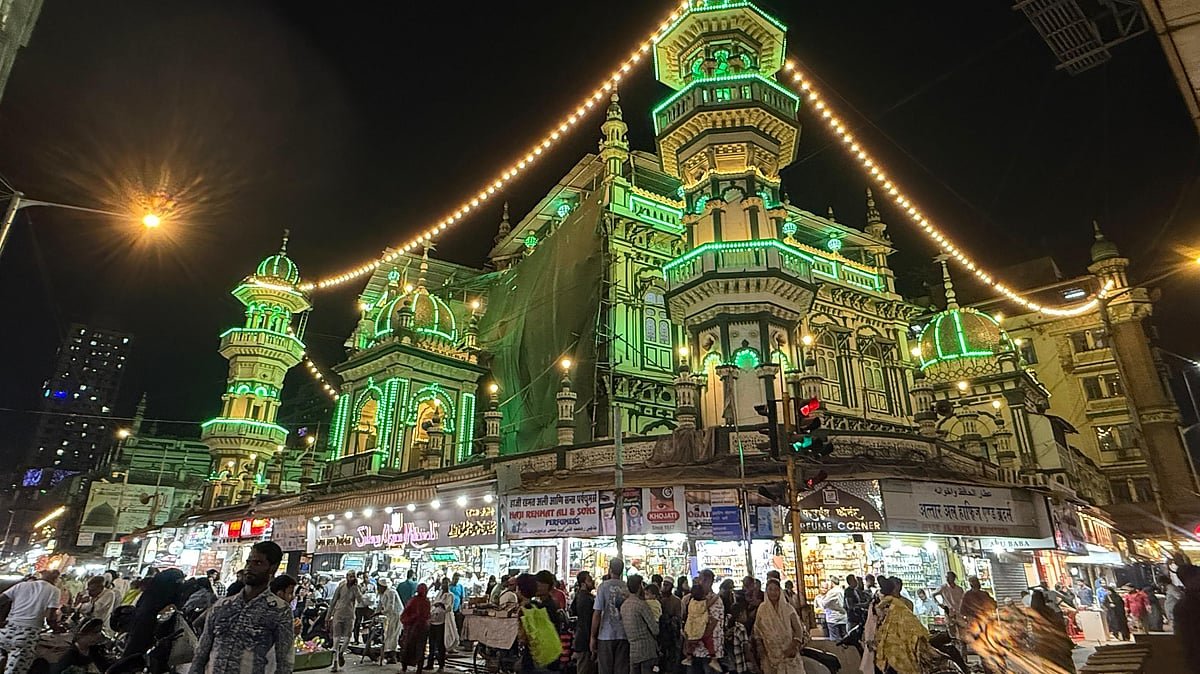Members of the Memon community from across the world will gather at Islam Gymkhana on Thursday evening to celebrate ‘World Memon Day’.
The main objective of the celebration this evening is to bring together community organisations to promote philanthropic activities, said Iqbal Memon Officer, president of All India Memon Jamat Federation.
“We do a lot of charity work. World Memon Day is celebrated every year on April 10 by various Memon organisations and individuals all over the world by doing charitable and social activities,” said officer.
The charity work includes food distribution at hospitals and orphanages, blood donation camps, medical camps, free ambulance services, the disbursal of school kits in government schools, and wheelchair donations. World Memon Day also celebrates social diversity, with awards to non-Muslims for community work.
The Memons, who are Sunni Muslims, trace their origins to 700 Lohana Hindu families who converted to Islam in the 15th century under the influence of a saint, Peer Yusufuddin. “After the group of 6178 individuals embraced the religion, the peer told them: You are Momins (faithful). The word was mispronounced as Memon by the new community,” said officer.
Along with the Shia Bohras and Khojas, the Memons form the triad of mercantile Muslim communities from Gujarat. They are estimated to number around 1.5 million, organised into 500 associations affiliated to the All India Memon Jamat Federation. The group speaks a dialect of Kutchi called Memoni, which has similarities with Sindhi and Gujarati. The Memons originally lived in Gujarat and Sindh, but now have large concentrations in Mumbai and Pune. They are one of the influential trading communities in Pakistan. There are Memon diasporas in the United States, the United Kingdom, and other countries.
The community’s philanthropic contributions to education include institutions like the Saboo Siddik and Allana groups of institutes. The community is planning a women’s college in Malegaon that will offer graduate courses. The community built some of the city’s most important mosques, including the Minara, Zakaria, Hamidia, and Bawla Masjids.




